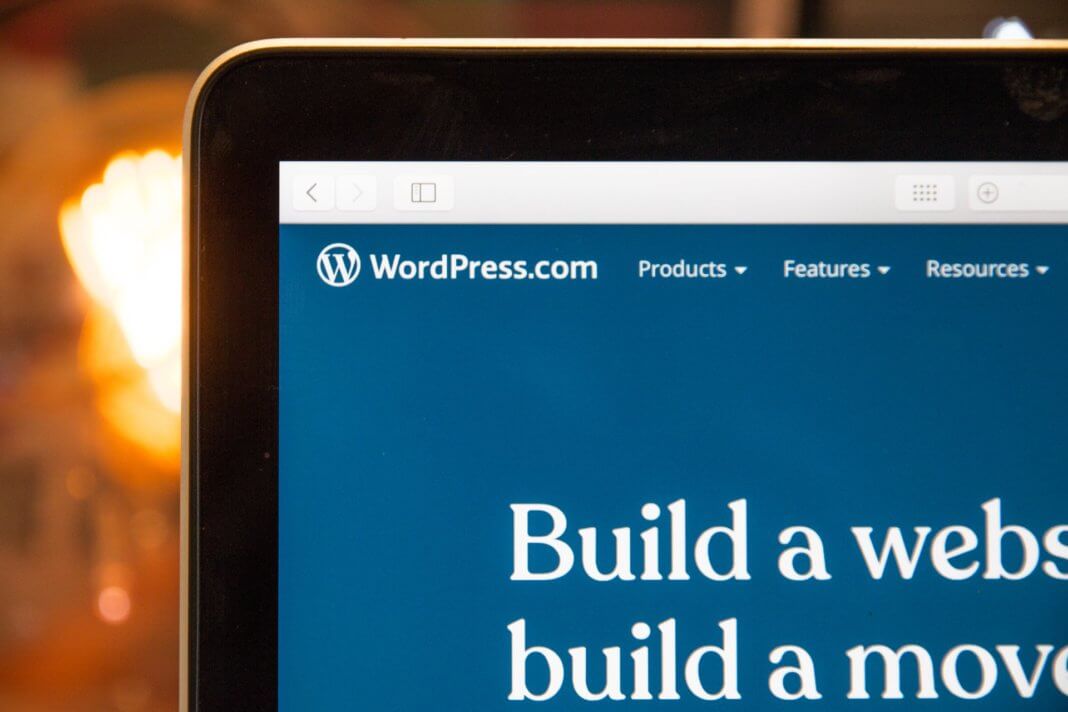A content management system is what WordPress is referred to as (CMS). It’s similar to having an operating system for your website. You may utilize any of the thousands of add-ons that have been built for WordPress when you use it.
WordPress is hosted on a web server. WordPress may be accessed using a primary web browser on a PC or mobile device. Because WordPress takes care of the heavy lifting, you won’t need any additional software to create and administer your WordPress site.
WordPress employs a database server (MySQL) to store your content and site settings and a web server (usually Nginx or Apache) to serve your web pages to visitors. PHP and JavaScript are used to create the basic WordPress application.
But don’t be put off by the technical complexities. To utilize WordPress, you don’t need to know anything about these associated technologies. WordPress protects you from having to learn SQL or other programming languages. If you’re the type that enjoys tinkering, though, you could find the technical aspects interesting.
The Many Uses of WordPress
From a primary blog to a full-featured company website, WordPress can run almost any type of website. Using the famous WooCommerce plugin, you can even use WordPress to construct an online store.
WordPress is simple enough for everyone to use. It’s also extensive enough that many web experts use it as the foundation for bespoke websites.
WordPress is used to power some of the world’s most popular websites. The WordPress Website Showcase shows that everyone from The New York Times Company to The Rolling Stones uses WordPress. WordPress is extensively utilized in almost all industries, including non-profits.
When shouldn’t you use WordPress as your CMS?
Even for newbies, editing a website with WordPress framework through the WordPress content editor is quite simple. But what about the setup procedure? Despite their claim of a 5-minute installation, if you are not highly technically savvy, you may run into issues. Not everyone understands or cares about how an FTP client works or how to use one.
Many hosting companies, of course, provide a one-click WordPress installation. But, let’s face it, things will become technical at some time when one of your plugins or themes collides with a WordPress upgrade.
However, while it’s typical for WP users to disregard updates, this is a risky habit since it raises the chances of hackers utilizing an exploit to get access to your website. After all, when anything gets as popular as WordPress among users, it also becomes a hot target for thieves.
WordPress (or WooCommerce) are excellent systems that will appeal to many users: The quantity of extensions is astounding, and the scalability is superb. On the other hand, beginners may have difficulty getting everything set up without running into issues – unless they hire outside help to set up this popular CMS.
Even if you aren’t very tech-savvy, you don’t have to go without your website. Website builders like Wix, Squarespace, and Webflow provide many benefits, but it’s crucial to pick the correct one! Switching providers once your website is up and running is tough since each platform has its system, typically incompatible with other website builders. You may start focusing on content generation once you’ve selected the proper source. Best of luck!
Also Read: Benefits of Choosing WordPress in 2021



